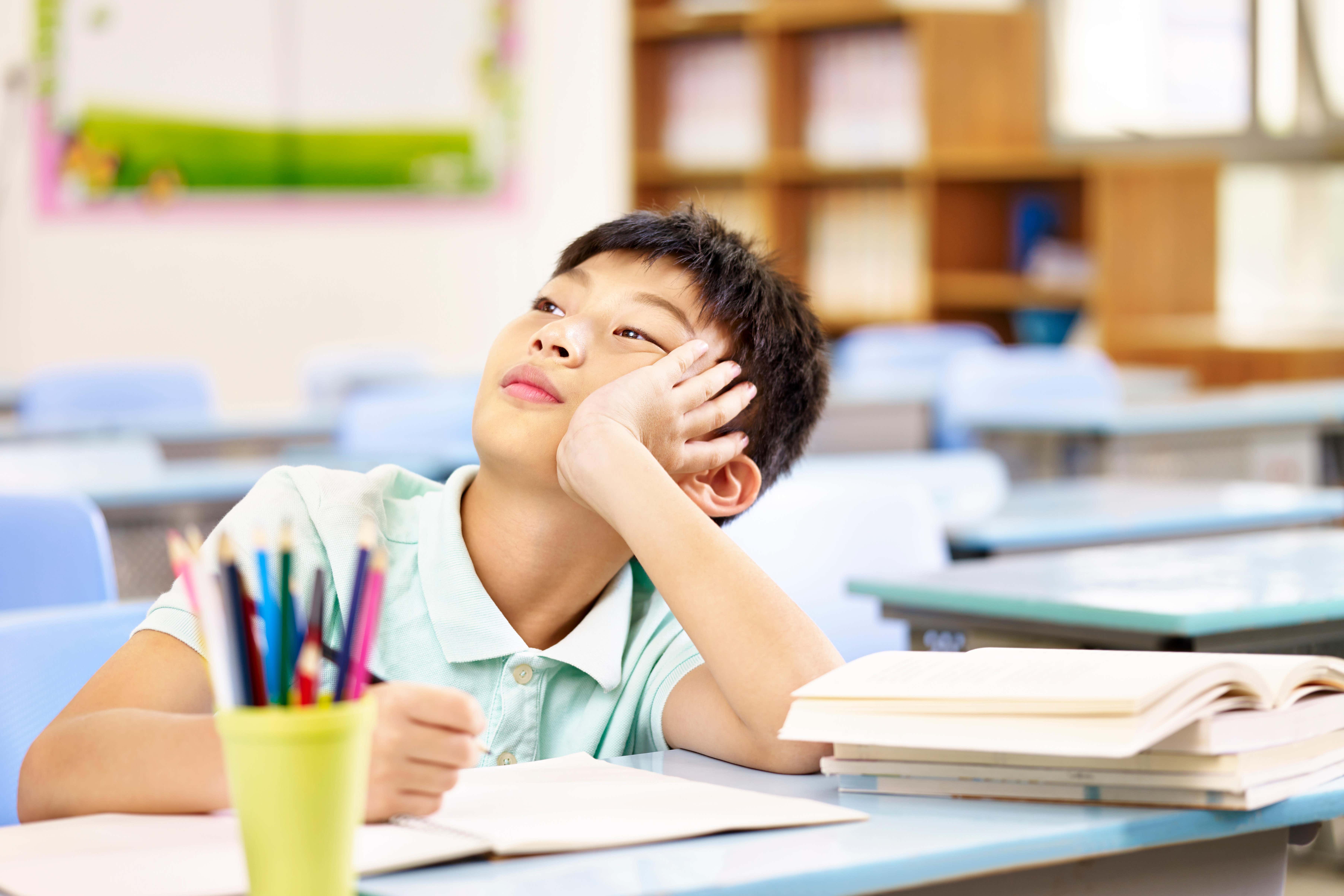ADHD in children has been linked to social isolation
Researchers have called for better support for children with ADHD symptoms.

Your support helps us to tell the story
From reproductive rights to climate change to Big Tech, The Independent is on the ground when the story is developing. Whether it's investigating the financials of Elon Musk's pro-Trump PAC or producing our latest documentary, 'The A Word', which shines a light on the American women fighting for reproductive rights, we know how important it is to parse out the facts from the messaging.
At such a critical moment in US history, we need reporters on the ground. Your donation allows us to keep sending journalists to speak to both sides of the story.
The Independent is trusted by Americans across the entire political spectrum. And unlike many other quality news outlets, we choose not to lock Americans out of our reporting and analysis with paywalls. We believe quality journalism should be available to everyone, paid for by those who can afford it.
Your support makes all the difference.Children with ADHD are at increased risk of becoming socially isolated as they grow up, according to a new study.
Researchers said that the findings highlight the importance of peer support for children with attention-deficit hyperactivity disorder (ADHD).
The new research, led by experts at the Institute of Psychiatry, Psychology and Neuroscience at King’s College London, examined data on 2,232 British children taking part in a long-term twin study.
The authors measured ADHD symptoms and social isolation when children were five, seven, 10 and 12 through reports from both parents and teachers.
We found that children who showed ADHD symptoms in childhood – particularly hyperactivity or impulsivity – were more likely to experience social isolation later on
The study found that children with “increased ADHD symptoms” were consistently at increased risk of becoming socially isolated later in childhood.
Those with hyperactive ADHD are at an even higher risk than those who have an “inattentive presentation” of ADHD, they added.
“Our findings highlight the importance of enhancing peer social support and inclusion for children with ADHD, particularly in school settings,” researchers wrote in the Journal of the American Academy of Child and Adolescent Psychiatry Open.
Lead author of the study, Katherine Thompson, said: “Using data from a large longitudinal study, we found that children who showed ADHD symptoms in childhood – particularly hyperactivity or impulsivity – were more likely to experience social isolation later on.
“Negative interactions with their peers may lead children with ADHD to become withdrawn, rejected, lonely and isolated.
“A focus on combating negative biases around neurodiversity in schools and local communities could help reduce experiences of social isolation for these children.
“Our findings suggest that social isolation should be carefully assessed in children with ADHD and that they could benefit from interventions aimed at increasing social participation and easing social challenges.”
Louise Arseneault, professor of developmental psychology at King’s Social, Genetic and Developmental Psychiatry Centre and senior author of the study, added: “Research suggests children with ADHD symptoms can find it difficult to register social cues and establish friendships.
“These social difficulties can be detrimental to many forms of physical and mental health.
“Our study highlights the importance in enhancing peer social support and inclusion for children with ADHD, particularly in school settings.”